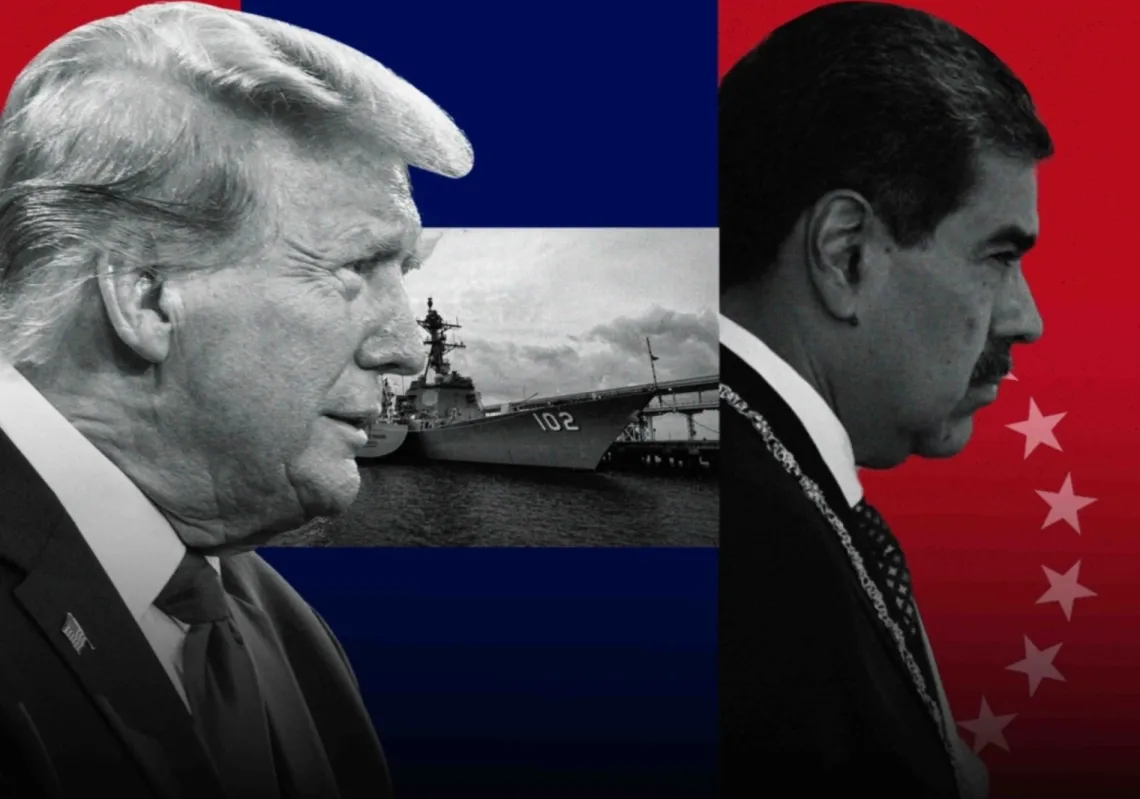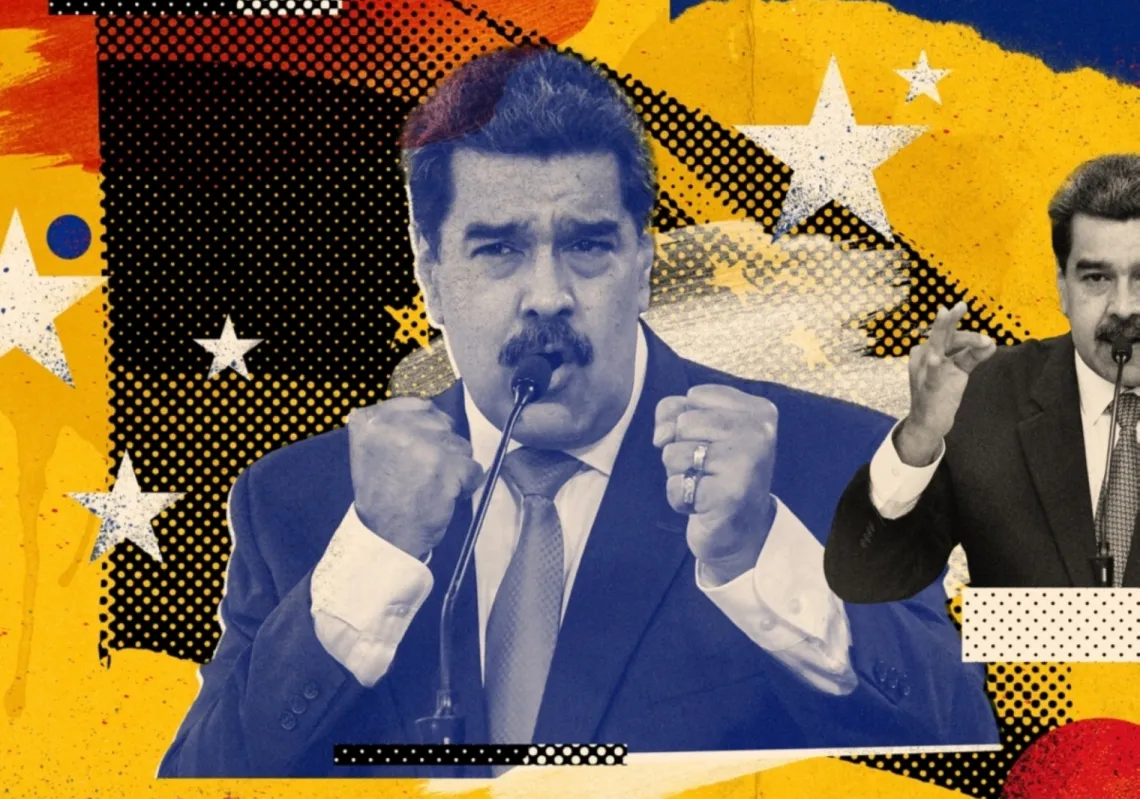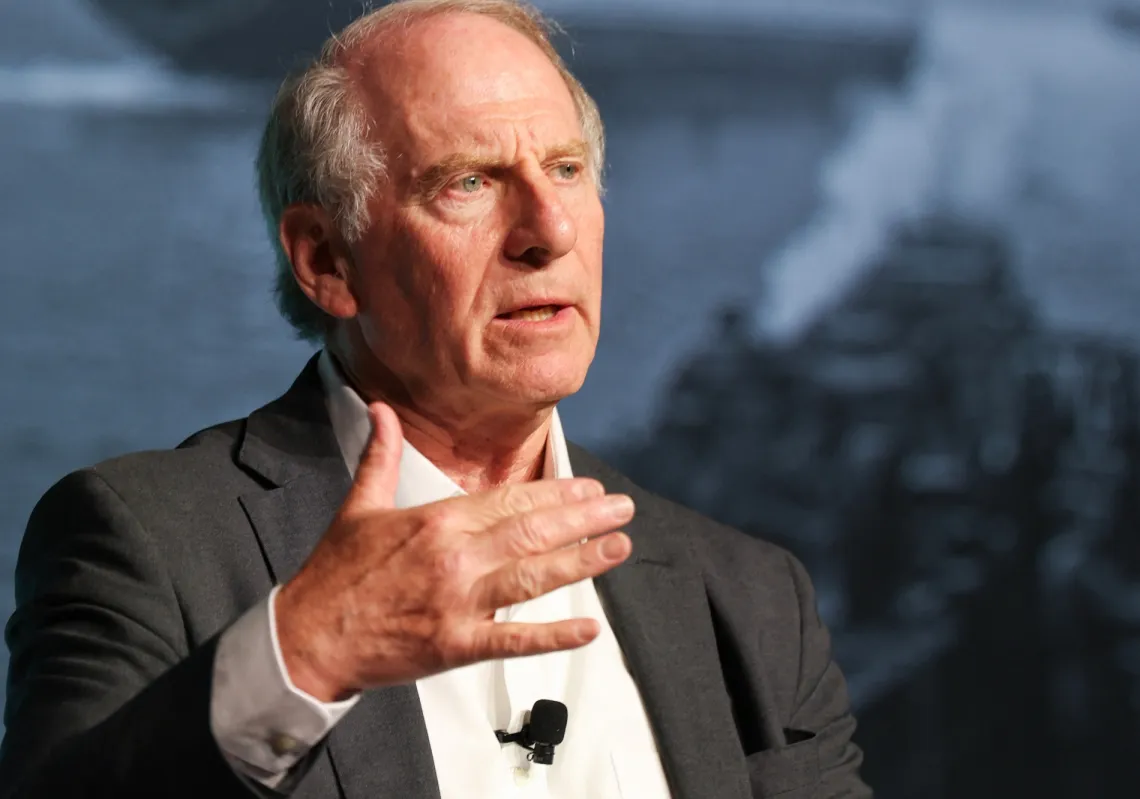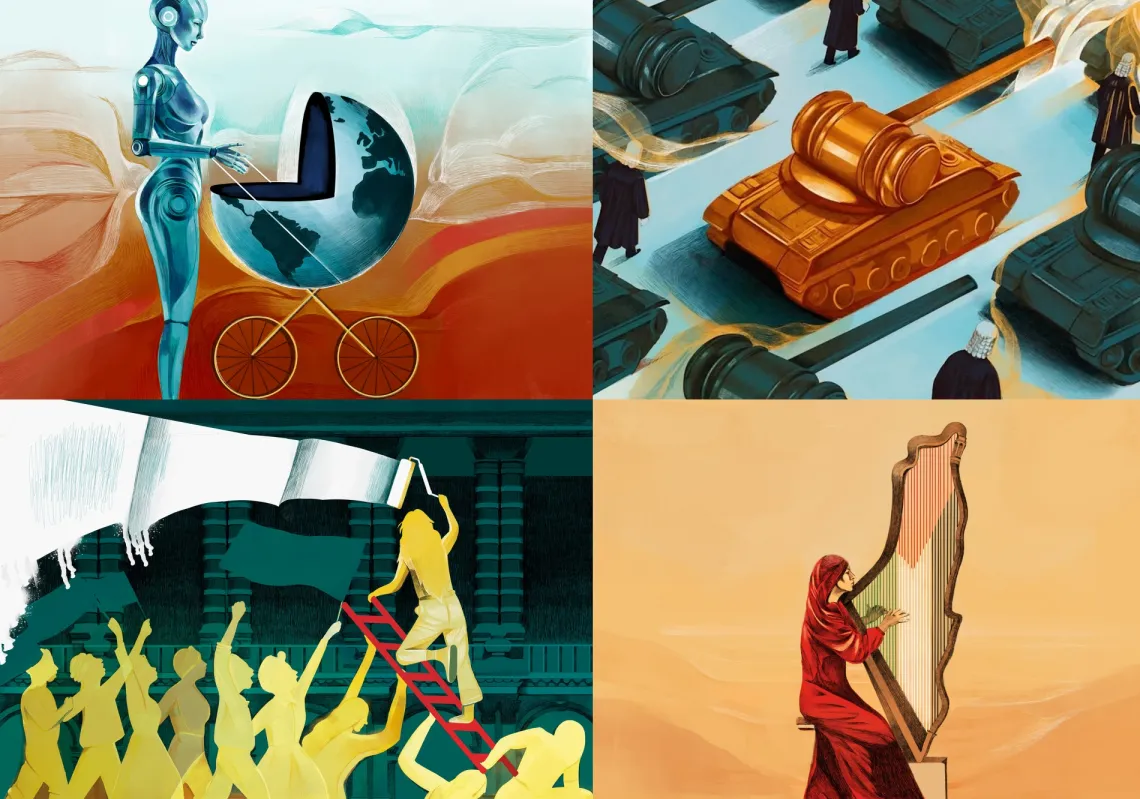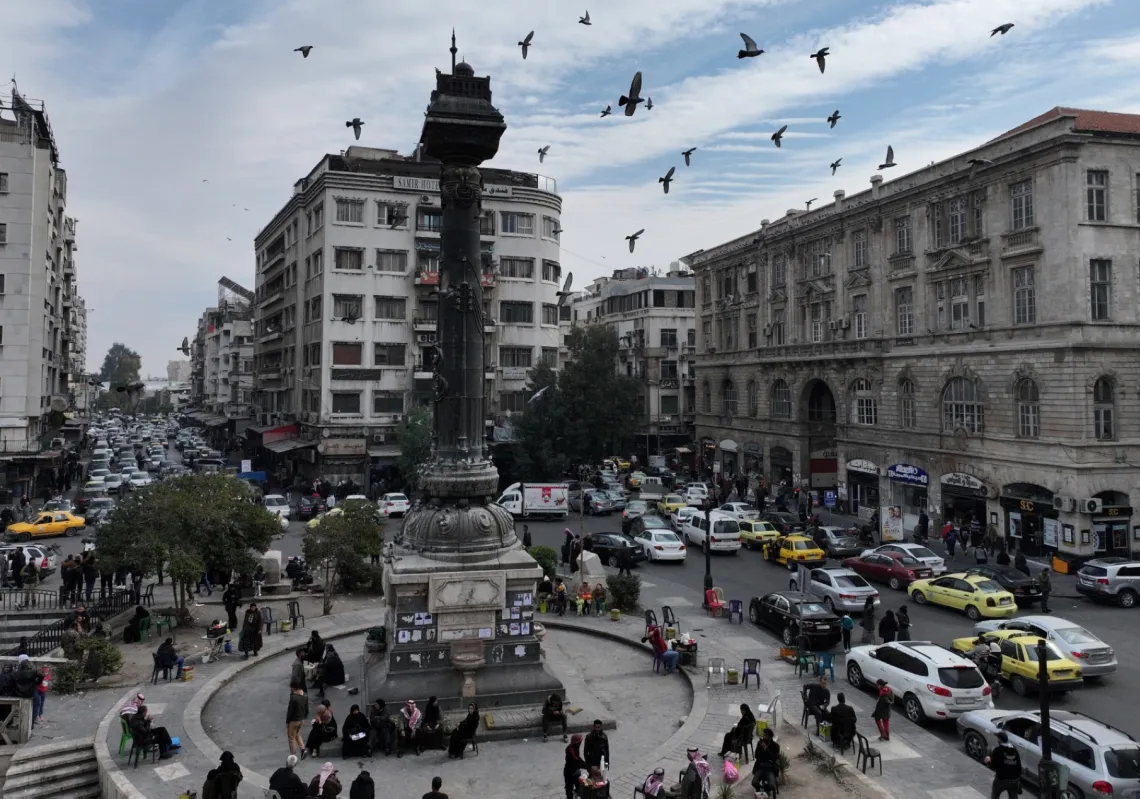I would be exaggerating if I said that Gaza has not enjoyed a moment of internal security and stability better than what it is experiencing right now, under the rule of the Islamic Resistance Movement Hamas, which took control of Gaza in the aftermath of the events of June 14, 2007. This was in contrast to what was expected to become of Gaza, considering the state of division, rejection, and siege by the international community and Arab world.
But if you were living in Gaza, and wandered around its streets, you would become aware that conditions are completely different form the image broadcast by the media about the situation in the Gaza Strip. This does not mean that Hamas’ rule is Platonic or ideal or not without its deficiencies.
There has been international opposition to Hamas, due to its Islamic affiliations and its strong ties with the Muslim Brotherhood; a rejection which has made interpreted Hamas’s take over as a bloody caesarean operation made without an obstetrician. Yet, despite this rejection and the mistakes Hamas made, there was a general acceptance of its policies by the public. Citizens were willing to listen to its justifications and excuses. The reason behind this was the predecessor of Hamas’ government. The period in which that pre-Hamas government ruled was a painful period and an unacceptable experience to the Palestinian citizens. Despite the long opportunity that was given to that government by the citizens, it failed to bring them security and justice. Instead it created a class struggle within a community that was not willing to tolerate or bear injustice anymore.
Gaza suffered from a lack of security. Death was a common phenomenon, conflict was a way of settling matters, and salvation was a hope and a matter of public opinion. In the hope that conditions might change, Hamas enjoyed wide public support, which was one of the main reasons behind its continued success. Under the rule of Hamas, the Palestinian citizen was able to enjoy personal and public safety. He felt that his house, his wealth, and his family were completely secure and that his life was no longer endangered. Such security was evident in the form of personal freedoms which the citizens gained. Perhaps one of the most important observations made by militants in the Gaza Strip is the spreading of the “Unveiling” phenomenon. What they meant by “Unveiling” is that some women and girls have ventured out into the streets wearing non-Islamic clothes, despite being governed by an Islamic government. They were quite confident that nobody would stop them or arrest them, and that Hamas would will not prevent them from wearing the clothes they chose, or force them to wear certain clothes without first paving the road for such an act. Hamas would not try to make a change of culture without first raising awareness through education and guidance.
This is only an example which I have mentioned to clarify how the Palestinian public opinion is satisfied by Hamas’ rule of the Gaza Strip. This consent will take us straight to the political situation. We will discus how Hamas was able to face the international and regional siege without having any protests regarding bad and worsening living conditions inside the Gaza Strip. Perhaps the greatest example that can be cited is this wide public support of Hamas in the face of the recent Israeli attack on Gaza. Such public steadfastness has caused Israel to fail in achieving its targets, despite the extent of Israeli terrorism against civilians, and the massive destruction suffered by all sectors of society.
Hamas was able to achieve such success because the Palestinian citizen had realized that Hamas was living the same crisis he was living. It was suffering from the same agonies resulting from siege. Citizens felt that Hamas’ government may have established some kind of social justice and equality between the people, in contrast to the previous period. Thus, for the first time citizens and governors were equal. There were no privileges to differentiate between the governor and those he governs. When there was a shortage in petrol, both the cars of the officials and those of the ordinary citizens ran out of fuel. When there was no more gas for cooking, the ordinary citizen was not the only one to revert to the use of primitive cooking tools. Government officials too returned to burning wood and using the old kerosene stove in cooking.
But does that mean that Hamas’ government cannot be accused of any wrongdoing? Anyone who believes so or tries to say that it doesn’t is certainly mistaken. The government of Hamas have gone too far. But there is a difference between a general state of governmental corruption, which is protected by the issuance of certain laws, and that of individual wrongdoing, for which an individual is held accountable by the law. Despite the irregularities committed by the government of Hamas, this can be a point in its favour. The citizen now feels that everybody is accountable and that there is general dissatisfaction at the leadership level regarding these wrongdoings and mistakes. As a result, citizens have stoped harassing Hamas about its mistakes, as long as it is tracking them herself. The proof of that; is that these mistakes and irregularities are constantly being reduced, making the Palestinian citizen feel more reassured.
The different pressures at the domestic, Palestinian, regional, and international levels, which the government of Hamas has been facing, are capable of demolishing more powerful and experienced regimes in the field of governance and administration. The government of Hamas is an emerging government in the world of politics. It has fallen into a maze of challenges, plots, and attempts aiming at excluding it from governance, and throwing it out of the Palestinian political arena. It is constantly being abused, boycotted, and placed under siege. It has been labelled a terrorist government and included in the list of terrorist governments. But despite starvation, war, destruction, bloody internal disputes, and organized protests, Hamas’s government was able to address these matters without disturbing internal security.
With such stable internal security, Hamas was able to face the siege, starvation, conspiracies and military attacks. The Palestinian citizen realized that under the rule of Hamas his dignity would be preserved, his security would be maintained, and his enemy would be defeated. At the same time, The Palestinian citizen also realized that the alternative to Hamas’ rule would be death, humiliation, and misery. Therefore, he accepted Hamas’ mistakes and wrongdoings and gave it his full support. He did not protest Hamas as was expected and planned by all the international, regional and Palestinian parties. I think that the citizens of Gaza will go as far as possible in supporting Hamas.
Mustafa Al-Souaf -
Palestinian writer and political analyst


